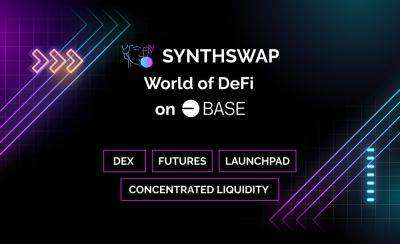LiFi launches multi-bridge governance solution after Uniswap debate
Multichain bridging protocol LiFi has launched a multi-message aggregator for decentralized autonomous organization (DAO) governance, according to an Aug. 17 announcement from LiFi research lead Arjun Chand. If implemented by decentralized exchanges, lending apps, and other Web3 protocols, the new aggregator should help prevent governance attacks that originate from cross-chain bridges, according to the aggregator’s documentation.
The announcement comes after a vigorous debate over bridge security on the Uniswap forums in late January and early February, concluding that no single bridge has all the security features necessary for secure governance.
For months, @lifiprotocol has worked closely with @UniswapFND to develop Multi-Message Aggregation (MMA), an additive security module for cross-chain messaging.Here's why we believe MMA could be a future-proof solution for different cross-chain messaging needs! pic.twitter.com/w34g3ZUNfi
Crypto exchange Uniswap is governed by a decentralized autonomous organization called UniswapDAO. In January, this DAO began discussing deploying a second copy of Uniswap to BNB Chain. This opened the question of how Uniswap would be governed on more than one chain since, previously, all votes were taken on the Ethereum network. On Jan. 24, the DAO voted to deploy a second copy of Uniswap to BNB Chain and to use bridging protocol Celer to send messages from BNB to Ethereum.
Although this proposal passed, controversy erupted almost immediately over the choice of Celer bridge as the means of sending messages. Some DAO participants feared that Celer was not secure enough to prevent cross-chain governance attacks. Instead, they recommended Wormhole, LayerZero, or DeBridge be used. Other participants
Read more on cointelegraph.com





















